Radford University
Experimental Psychology specialization
- Degree Type
-
- Master of Arts
- Location
-
- Main Campus in Radford, VA
- College
-
- College of Humanities and Behavioral Sciences
- Format
-
- In-Person
The goal and intent of our two-year, full-time, Experimental Psychology specialization in the M.A. in Psychology program is to prepare competent professionals by providing students with advanced training in research methodology, data analysis and the core principles of psychology (social, cognitive, developmental, behavioral neuroscience, etc.).
Meet the Professors
-
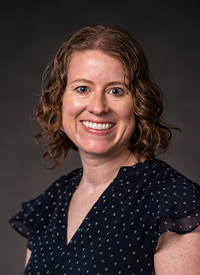
Kathleen Arnold, Ph.D.
Cognitive Psychology- Email:
- karnold23@radford.edu
-
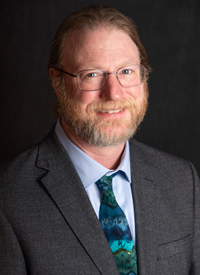
Jeff Aspelmeier, Ph.D.
Social Psychology- Email:
- jaspelme@radford.edu
-
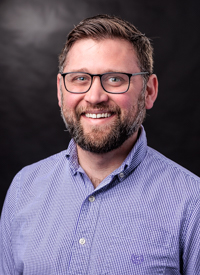
Dan Berry, Ph.D.
Social Psychology- Email:
- dberry7@radford.edu
-
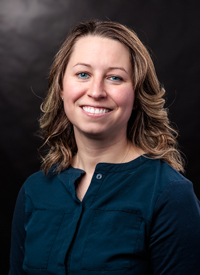
Michaela Clark, Ph.D.
Developmental Psychology- Email:
- mreardon1@radford.edu
-
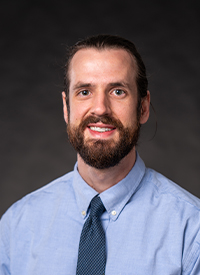
Matt Eckard, Ph.D.
Behavioral Neuroscience- Email:
- mleckard@radford.edu
-
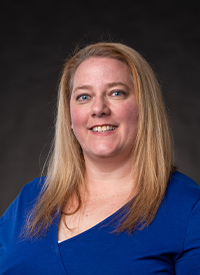
Dayna Hayes, Ph.D.
Behavioral Neuroscience- Email:
- dhayes4@radford.edu
-
Jenessa Steele, Ph.D.
Developmental Psychology- Email:
- jcsteele@radford.edu
Highlights of the specialization
-
Opportunities to work closely with talented and dedicated faculty in state-of-the-art facilities
-
Successfully prepare students for doctoral level graduate studies and careers in academia, research centers, non-profit organizations, or the private sector
-
Over the past 5-years, experimental faculty have collaborated with students on over 261 research projects that have included approximately 348 graduate students as coauthors
Why Study the Experimental Psychology specialization
Students work one-on-one with faculty mentors engaged in experimental research beginning their first semester and continuing every semester thereafter. Through these multiple student-faculty collaborations, students gain research experience in at least two content areas such as social, learning, cognitive, developmental, neuroscience, and psychopharmacology and learn advanced research methodologies and statistics. These skills prepare our students well and make them highly competitive for doctoral graduate studies and research related careers.
Our students also have the opportunity to travel to present their research and network with other professionals in their field at multiple professional conferences, with their travel routinely being fully funded by Radford University. In recent years, our students have gone to conferences in San Diego, San Francisco, New York, Boston, Chicago, Tampa, New Orleans, Charleston, Hilton Head, Tampa, and Austin, just to name a few.
There are also competitive opportunities for graduate assistantships, teaching assistantships, and graduate teaching fellowships, which can provide stipends and tuition waivers. In addition to providing financial support, these also provide opportunities for additional research and/or teaching experiences. For example, as a graduate teaching fellow, students teach their own introductory course in their second year. Although not guaranteed, in recent years, we have been able to provide at least some level of assistantship for all of our students.
Student Outcomes
In last 7 years, 100% of experimental graduate students applying for additional graduate training were accepted.
57% of our graduates were accepted into other programs for additional graduate training, while the other 43% of our graduates successfully obtained jobs relevant to the field.
Admissions Requirements
A complete online application.
- Graduate Record Examination (GRE) is NOT required.
- Undergraduate GPA of 3.0 or higher;
- Three letters of reference with at least one submitted from a faculty member in the Psychology Department from which the student graduated (two preferred);
- Official transcripts of past work;
- A two-page statement of why you are interested in a specific concentration in psychology and future plans; include as part of your statement information regarding your research interests and list 2-3 members of the Experimental faculty with whom you might be interested in doing research, if admitted.
- Applicants must have completed a minimum of 18 semester hours of undergraduate psychology coursework.
Deadline: February 1 (priority). Fall admit only
Program Curriculum
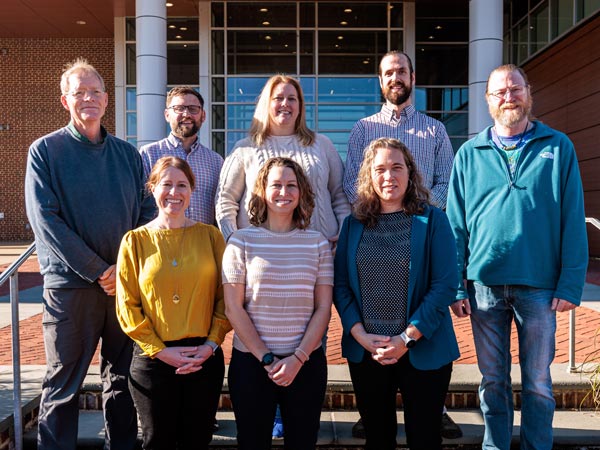
Contact the Experimental Psychology Coordinator
Matt Eckard
Assistant Professor
- Location:
- Hemphill Hall 5119
- Email:
- mleckard@radford.edu